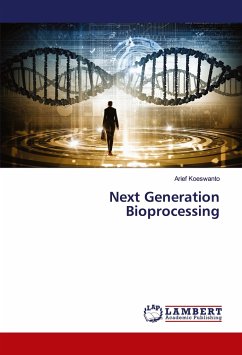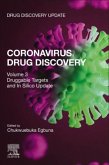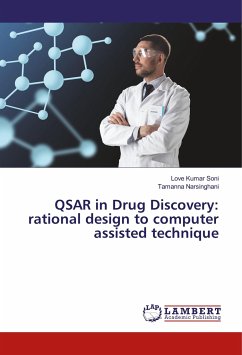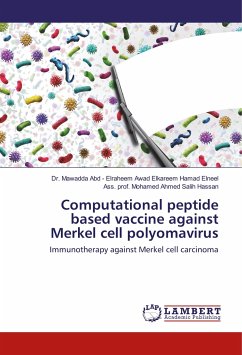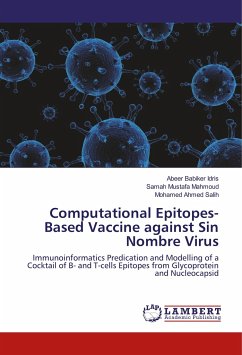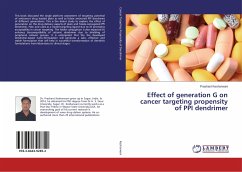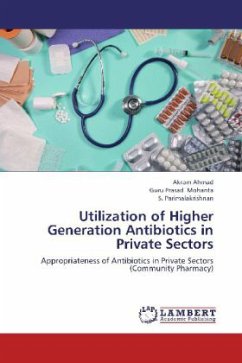Nowadays, there are a number of different ways of describing next generation bioprocessing, including continuous manufacturing and intensified processing. Next generation bioprocessing covers a variety of different techniques, from combining process steps, to moving from batch to perfusion bioreactors, to new cycling operations - but all are ultimately designed to deliver significant improvements in manufacturing costs, speed, efficiency of flexibility. As next generation processing is new for biopharma, a perfectly human response is to be wary. Risk assessment is a useful tool to identify, prioritize, and start to address uncertainties. Gap assessment is another tool to identify needed data or analysis to reduce uncertainty. One of the most effective ways of managing risks with new technology is gradual adoption, such as rolling out hybrid processes that combine batch and intensified processing. Gradual adoption allows manufacturers to trial and selects the processes that have the best benefits for the molecule or the facility in question.
Bitte wählen Sie Ihr Anliegen aus.
Rechnungen
Retourenschein anfordern
Bestellstatus
Storno

